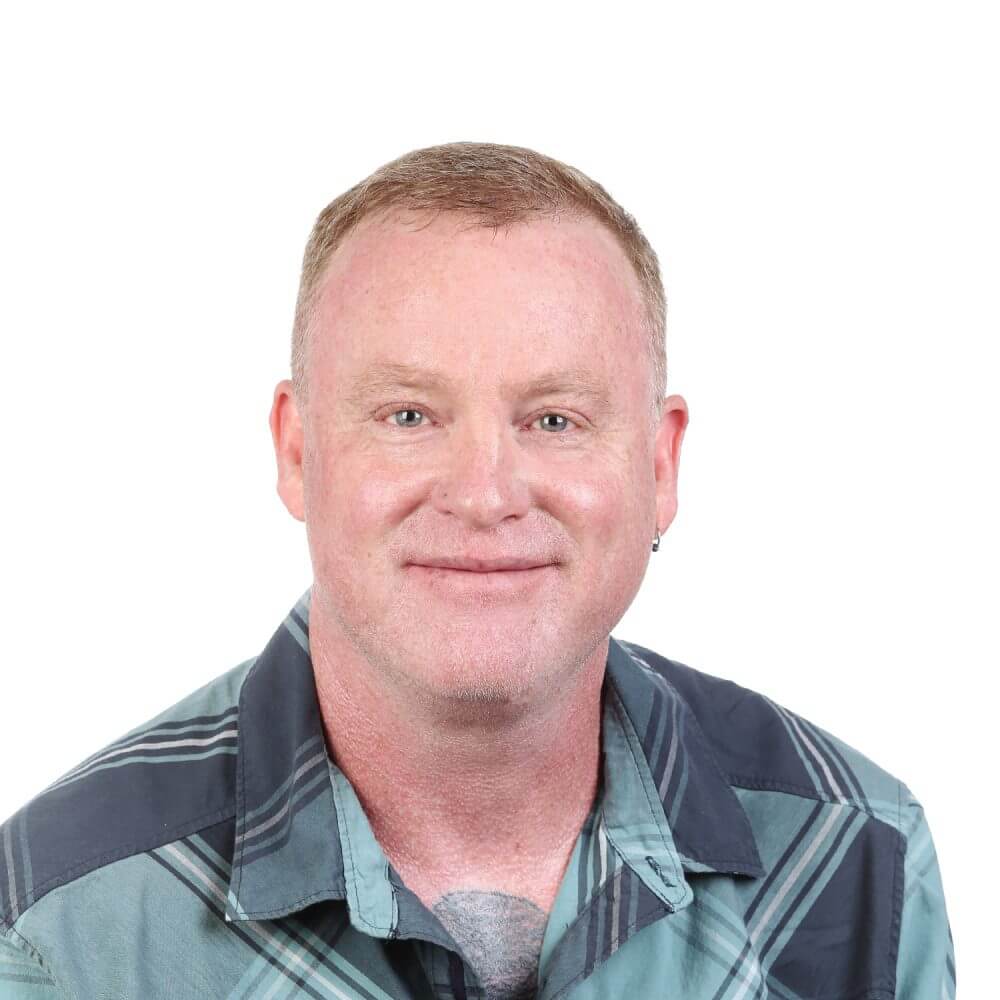by Randy Pearce
That which permeates all, which nothing transcends and which, like the universal space around us, fills everything completely from within and without, that Supreme non-dual Brahman – that thou art. – Sankaracharya
Obviously, death has an emotional complexity to it. Most people simply do not want to die, nor do they want death to take away any other beings that they love or feel a connection to. But dying is inevitable, and to live the happiest and healthiest life possible we must contemplate death, and bring it into the open by sharing it in conversation with others. There is an inherent problem here though: we live in a death denying culture, and very few of us want to think about death or share our concerns or experiences regarding it. Some of us feel free to talk about death, and it is important for those of us who do feel at ease with death to speak up. Very gently though because it is a rather scary topic for some people.
In my life, I have come to understand life and death in terms of surrender; I find value in mindfully surrendering to those things and events that are beyond my control. This I achieve by simply breathing deeply and accepting the inevitable. It does not mean that I am a quitter or that I am giving up, nor does it mean that I do not feel those emotions that come with death or its contemplation. In fact, it is quite the opposite of quitting or giving up that I am referring to. I have learned that having a good death, and a good life requires the effort of engaging with my own emotional, cognitive, and spiritual capacities while I am alive.
This effort is the process of inner contemplation, the sharing of death with others, and remaining mindful of death as it occurs in my daily life while I simultaneously work with the inevitable personal complexities that surely arise from these endeavors. I have learned that death is always with me, and when my time comes to die it will be a great event in my own life, as it will be for each of us. For me, the act of living well and dying well takes place within the context of our natural world, that same natural world where I have lived, struggled, and loved throughout my lifetime. Death, is like returning to a place that I have never left. At the time of death, we all need to surrender ourselves to the very nature that appears before our senses, and gently wait to see what happens next. Relax, follow the intuition that we are not going anywhere when we die, as we will all stay right here in this universe.
Once you know that death happens to the body and not to you, you just watch your body falling off like a discarded garment [and you continue on]. – Sri Nisargadatta Maharaj

Randy has been pursuing the outdoor lifestyle for most of his life, inspired by his deep interest in and connection with nature. An early interest in mountains and mountain culture informed his deep desire to understand Buddhist practices. He is intrigued by how these practices work at the internal level of the mind, and how the mind functions in relation to the outer realm of the environment in which we live. Randy has practiced meditation for many years and believes that it is a valid tool that can be used to gain access that allows for a deeper understanding of who we all are, and the where and when that we all live in.
